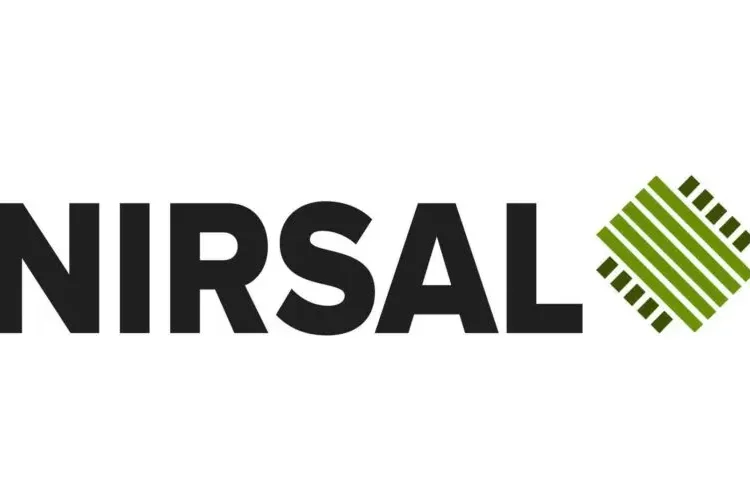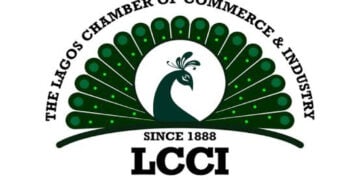In an effort to strengthen collaborations with the Federal Ministry of Agriculture & Food Security and support the federal government’s food security agenda, NIRSAL Plc is leveraging its expertise for Nigeria’s wheat harvest.
The initiative involves training 355 extension agents and 706 farmer cluster leaders in Jigawa State under the National Agricultural Growth Scheme and Agro Pocket (NAGS-AP)/Jigawa Wheat Cluster Project. The training, focused on Group Dynamics, aims to foster a geo-cooperative approach to cluster formation, enhancing value capture at the farm level
NIRSAL Plc, established to de-risk agriculture and facilitate commercial finance for agribusiness in Nigeria, has developed several models for de-risking primary production in what it considers “the upstream segment of the agricultural value chain”. This is against the backdrop of banks’ aversion to financing primary production because of the inherent risks.
Speaking on the importance of the training exercise, managing director/CEO of NIRSAL Plc Abbas Umar Masanawa said, “The Federal Government has done precisely what it should: it has communicated its vision for food security in Nigeria, provided leadership, and is committing resources to back its vision. On our part, we are showing our readiness to support Jigawa State, and all other states, to walk the talk of the government. Here”, he continued, “we are contributing our expertise by preparing these extension agents and farmers to make success out of this collective endeavour for Jigawa and Nigeria’s sake.”
Masanawa said NIRSAL Plc does not intend to stop at capacity building alone, recalling his recent visit to the minister of Agriculture and Food Security, Abubakar Kyari, where he pledged support for the food security agenda of the federal government through training, database building, innovation and more.
The first module in its capacity building package focused on group dynamics, with NIRSAL expecting the Project Implementation Committee and Extension Agents to adopt a geo-cooperative approach to cluster formation. Under the approach, farmers come together based on the contiguity of their land assets and their willingness to work together. The module, therefore, exposed them to the possible challenges and the designed solutions.
The participants were also taught to effectively produce aggregation as a critical success factor.
The leader of the delegation of trainers from NIRSAL, Mr. Ibrahim Suleiman, noted that optimal value capture at the farm level is fundamental to the process of obtaining and repaying loans. “Once that is guaranteed”, he said, “other processes leading up to value addition and sale can be controlled efficiently for the determination of profits, sharing of the same, and the prompt repayment of loans”.
Other than the Federal Ministry of Agriculture and Food Security and NIRSAL Plc, the Jigawa State government is also collaborating with the African Development Bank, Flour Mills of Nigeria Plc, and some super agro dealers supplying the inputs.
The state commissioner of Agriculture, Muttaka Namadi said he is keeping tabs on all collaborators, managing relationships, and supervising performance.
The commissioner commended NIRSAL for its commitment to the Jigawa Wheat project, counting on the support to lead to the success of the project. Similar sentiment was expressed by the participants of the capacity development program who attested that the program gave them new insights for their work.
Also included in the modules for the training program is a deep dive into possible protocol breaches and the early warning systems put in place to address them. According to Ibrahim Suleiman, early warning systems are important for detecting and arresting any issues capable of derailing the project before they blossom.





